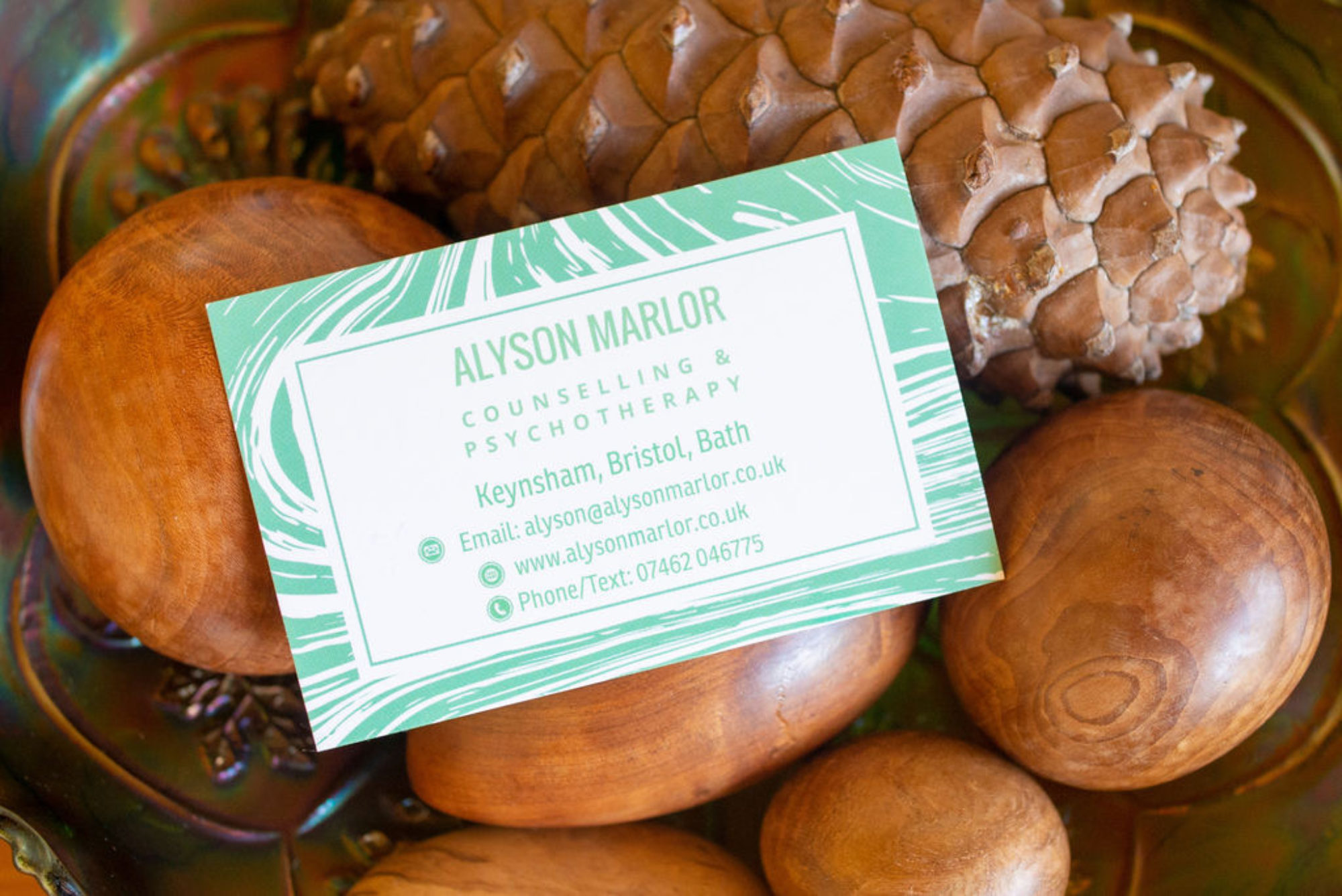
My specialism in my counselling practice is bereavement and loss. I have spoken with several people who have had reactions to the death of the Queen which they have been surprised or even shocked by. The Queen’s death has impacted on the grief process of many of us, including my own. In this blog I will aim to help us understand these reactions.
As the news came through yesterday evening, I found myself in a flood of sudden tears while attempting to cook tea. Those people who know me well, would not I’m sure, describe me as a royalist. So, what was happening to me? In June last year my mother died at the age of 92. The Queen’s death had catapulted me back into my grief. The dual process model of grief (Stroebe and Schut), describes how, when bereaved, we oscillate between focusing on our grief and focusing on the restoration of our life (getting on with everyday things). Anything can plunge us back into our grief and for many, the news about the Queen will have done just that. That grief may have felt extremely raw once again.
Our brains are incredible at pattern seeking and pattern making. There will have been and will be in the days to come, many opportunities for our brains and our ever-scanning autonomic nervous systems to give us signals that trigger our grief. Hearing the news of the Queen’s family rushing to her bedside, waiting for news, seeing the flowers, hearing people expressing grief, the funeral, seeing the family, will all be triggers. Our brains will understand what we are experiencing as part of a pattern. It tells us, “I know what is happening here and I know the link to make”. We can find ourselves reliving our own experiences around death and loss.
There is something about a death that everyone shares, which helps us to understand that grief is a universal experience. We empathize from our own experiences. We might feel comforted in others’ understanding of our grief as people grieve simultaneously. We may feel we can be open about our grief as we take courage from seeing a shared grief. Grief can sometimes feel very lonely when the rest of the world carries on as normal. Currently, things are not carrying on as normal – a signal to us all that grief should be honoured and it is important to make space for it. In particular, during Covid 19, many people may have experienced suppression of their grief due to the lockdown and the inability to follow the usual grief rituals and ceremonies as well as the lack of contact with others to bear witness to and provide comfort in grief.
Of course, sadness is not the only emotion linked to grief. Anger and anxiety are two grief emotions that can take us by surprise.
We may be feeling anger or distress in the coming days. Distress that the world has stopped in honour of the Queen but not for our loved one. Anger that she lived a long life, died surrounded by her family, that her funeral will be an occasion attended by many when the circumstances around our loved one’s death may have been very different. Certainly, over the last 2-3 years many people will not have been able to die with family in attendance, may have died before they should and we may have experienced funerals we could not attend. Feelings of distress may be triggered and that does not mean we are being disrespectful to the Queen, or we do not feel empathy with her family.
Some of us may be feeling anxious. Death makes us very aware of our own mortality and that of others around us. For many, the Queen has been a figure of stability and consistency – perhaps even a parental figure. We are living in a time of great turbulence and world change and the death of a parental figure may make us feel vulnerable in the face of that turbulence and uncertainty.
Yesterday, the actor Robert Lindsay tweeted, “Why oh why do I feel I’ve lost my parents again?”
I hope I have helped you to understand some of what you may be feeling. You may be feeling many other emotions and of course, that too is fine. Our emotions may well be heightened, no matter what they are.
Please check in with family, friends and colleagues to see how they are and accept however people are feeling even if it seems hard to understand. Please look after yourself too and reach out for help if you need it.
